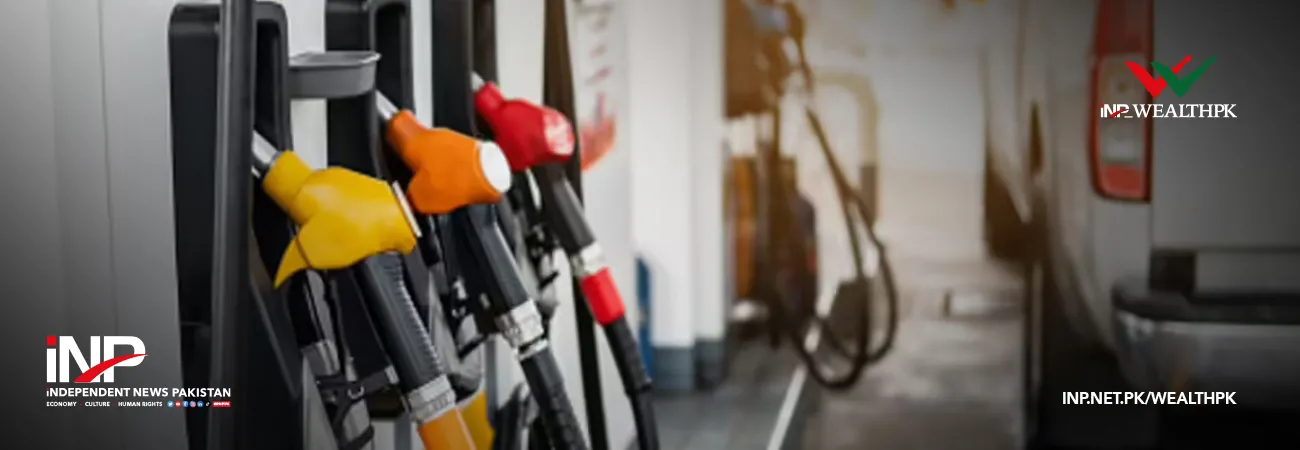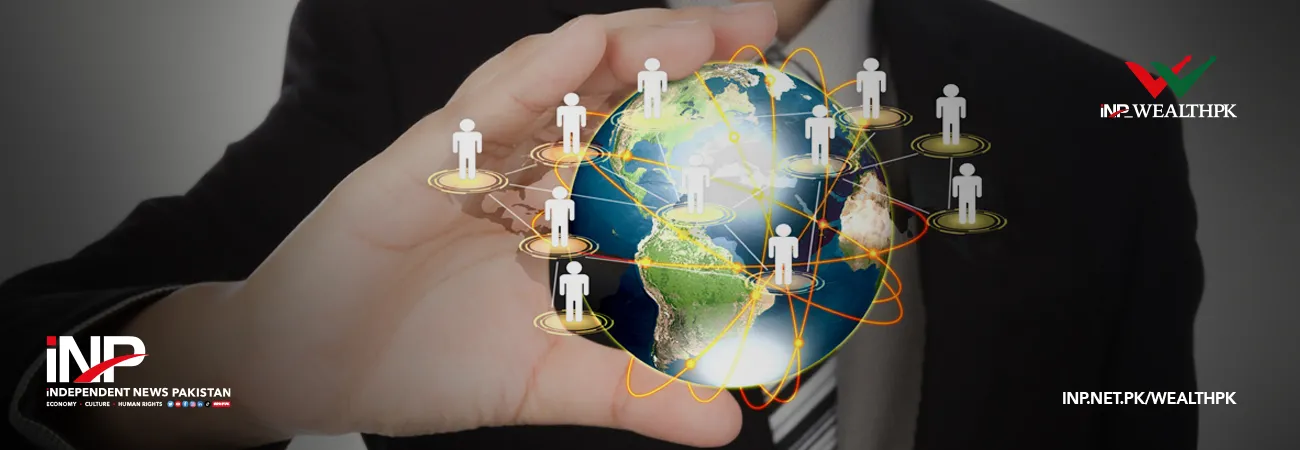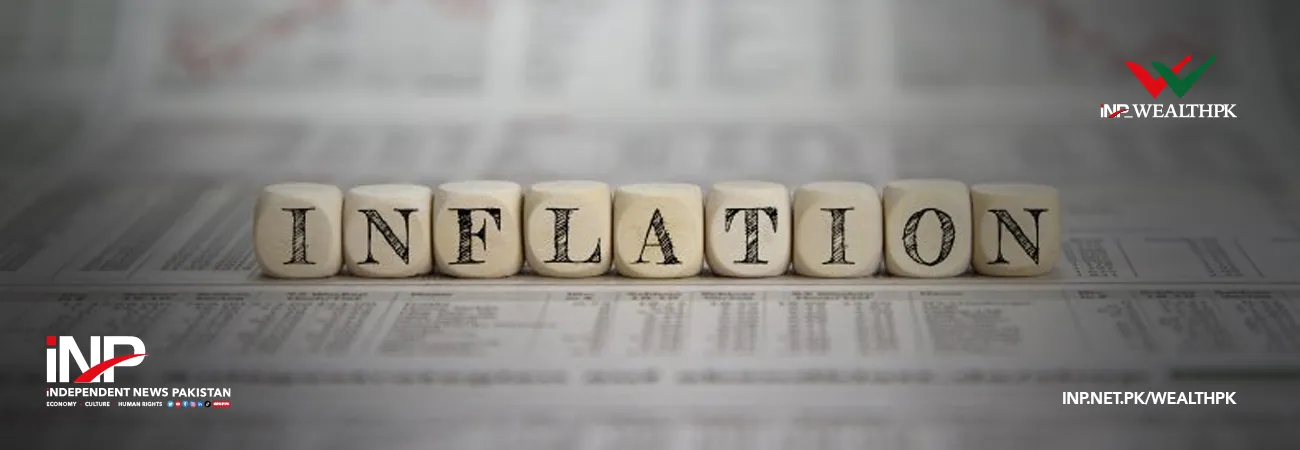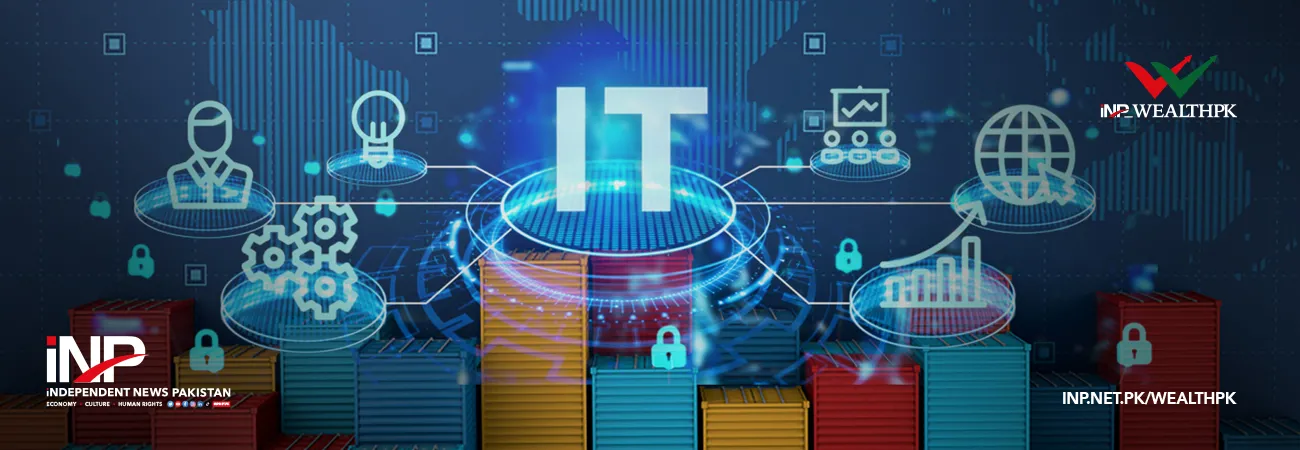INP-WealthPk
Muhammad Saleem
Frequent increases in petroleum levies are pushing businesses and households to the brink.
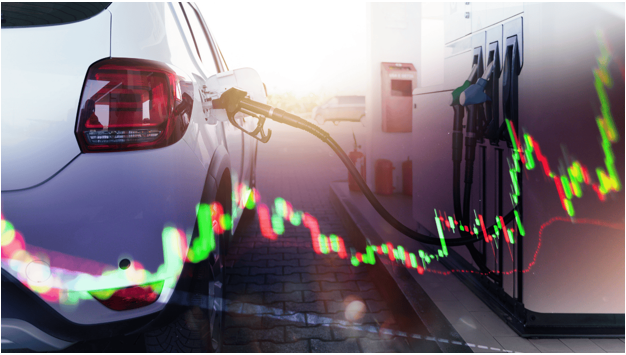
Muhammad Imran, a transporter, told WealthPK that repeated increases in petroleum levies have created serious operational challenges for both transporters and passengers. He admitted that the situation is becoming unbearable for transport businesses. They have to constantly revise their business strategies as petroleum prices fluctuate and levies keep rising, he added.
He explained that an increase in petroleum levies directly raises the cost of diesel. “For transporters — especially those operating trucks, buses, and delivery vans — fuel is their lifeline and the biggest expense.”
“Transporters have no choice but to raise freight rates following any increase in fuel prices. This constant fluctuation in prices is badly affecting all sorts of businesses, from retail to wholesale,” he said.
Imran said that surging fares of public transport are hurting ordinary citizens even more, and smaller operators are being forced to shut down their businesses. “I can say this is a lose-lose situation for both transporters and the general public,” he said.
He warned that if fuel prices continue to rise, many transport businesses could be forced to shut down, saying: “Such closures would severely disrupt supply chains and negatively impact business activities across the country.” He also mentioned that opportunists might start investing in smuggled and cheaper fuel from neighbouring countries.
Muhammad Ashraf, a teacher at Government College University Faisalabad, said that petroleum levies are an easy way for governments to generate revenue. By adopting this method, he noted rulers avoid the need for more complicated structural reforms. However, he warned that this approach comes with a huge downside.
“Fuel is a core input across most industries, and surging fuel prices affect everything – from manufacturing to food distribution,” he said. Ashraf explained that the government has triggered a domino effect by raising the petroleum levies: transportation becomes costlier, goods become more expensive, inflation rises, and people’s purchasing power falls. Due to this vicious cycle, he said low- and middle-income groups suffer a lot.
He urged the government to avoid further levy hikes, warning that continued increase could lead to a widespread public backlash. He recommended that the government freeze petroleum levies for the next six months, giving people time to adjust their business operations and household budgets.
“Instead of repeatedly increasing levies, the government should focus on tax reforms. By expanding the tax net, the state can meet its revenue goals without putting pressure on essential services. Rulers should target luxury sectors for taxation, not essential needs,” he advised.
Ayesha Bibi, a salon owner, while speaking with WealthPK, said due to the surging prices of petroleum products, many of her customers, who live five to seven kilometres from her salon, are now hesitant to visit. “These customers say that the travel cost has increased so much that they now prefer to get ready at a nearby salon,” she said, adding that the latest news about the increase in petroleum levies will badly hit her business.
She asked, “Is there anything left whose price the government hasn’t raised?” Ayesha said that a few months ago, the prime minister announced that electricity rates were being reduced, and the public would soon feel some relief. “But in reality, electricity bills are still as high as before.”
“We honestly don’t understand whether the government is working for the people or merely fulfilling the harsh conditions of International Monetary Fund by exploiting the public.” “When petrol prices go up, it affects everything — food items, medicines, children’s education, and transportation,” she added.
Credit: INP-WealthPk



